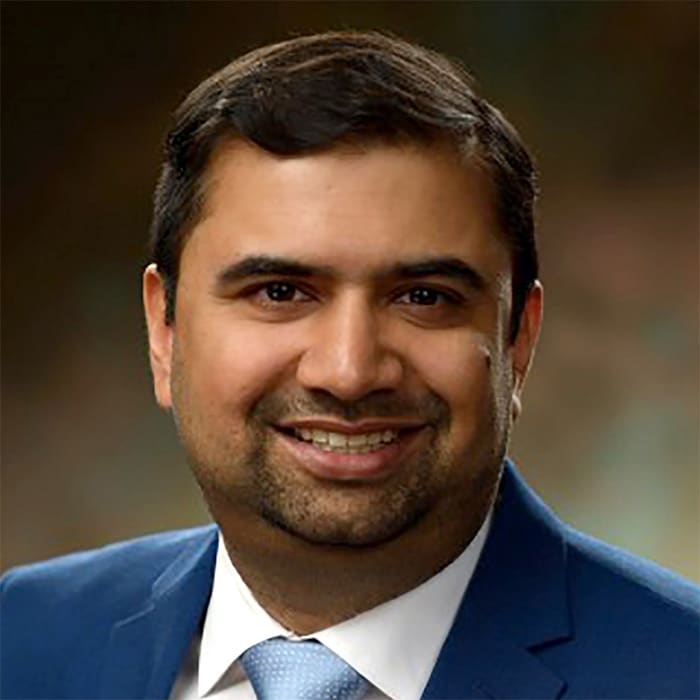
Amit Gokhale
Hemotherapy & Blood Bank Director, HCA Houston Medical Center, Associate Professor, Tilman J Fertitta Family College of Medicine, Houston, Texas, USA
False

Hemotherapy & Blood Bank Director, HCA Houston Medical Center, Associate Professor, Tilman J Fertitta Family College of Medicine, Houston, Texas, USA
I currently serve as the hemotherapy and blood bank director at my hospital, where I manage a busy service caring for patients with bleeding and clotting disorders. Each morning, I join multidisciplinary critical care rounds alongside physicians, cardiac surgeons, pharmacists, respiratory therapists, and case managers to address complex coagulation issues. I also oversee the anticoagulation needs of all patients on ECMO and ventricular assist devices, managing both dosing and bleeding complications while guiding transfusion decisions, including red cells, plasma, platelets, prothrombin complex concentrate, and tranexamic acid.
For every major cardiothoracic surgery, I am physically present in the operating room for the entire case, advising surgeons in real time on transfusion choices and continuing to manage patients in the ICU post-operatively. Beyond my transfusion medicine responsibilities, I also sign out surgical pathology cases daily. When a malignancy is diagnosed or unexpected findings arise, I personally call the treating clinician to explain the results and answer questions.
Pathologists are often described as “working behind the scenes” or as the “doctor’s doctor.” Yet our work extends across the full spectrum of patient care, from diagnosing cancer to managing chronic disease with accurate and timely testing. Despite this, many patients – and even medical students – remain unaware of pathology’s critical role. Too often, the laboratory is seen as a “black box,” with little understanding of the expertise driving the results.
Through my hemotherapy service, I’ve shown how pathologists can step out of that box and into direct patient care. By being present in the OR, making intraoperative and postoperative testing and transfusion recommendations, and engaging in multidisciplinary rounds, I demonstrate pathology’s active role in patient outcomes. Patients and colleagues alike value this visibility and involvement.
I believe the days when pathologists – especially blood bankers – could remain solely in the lab are coming to an end. Our specialty must embrace a more visible role in care. We should move from being the unsung hero to being seen and heard: not just the “doctor’s doctor,” but also the patient’s doctor.
Dive deeper into the world of pathology. Explore the latest articles, case studies, expert insights, and groundbreaking research.
Receive the latest pathologist news, personalities, education, and career development – weekly to your inbox.

False
False
False